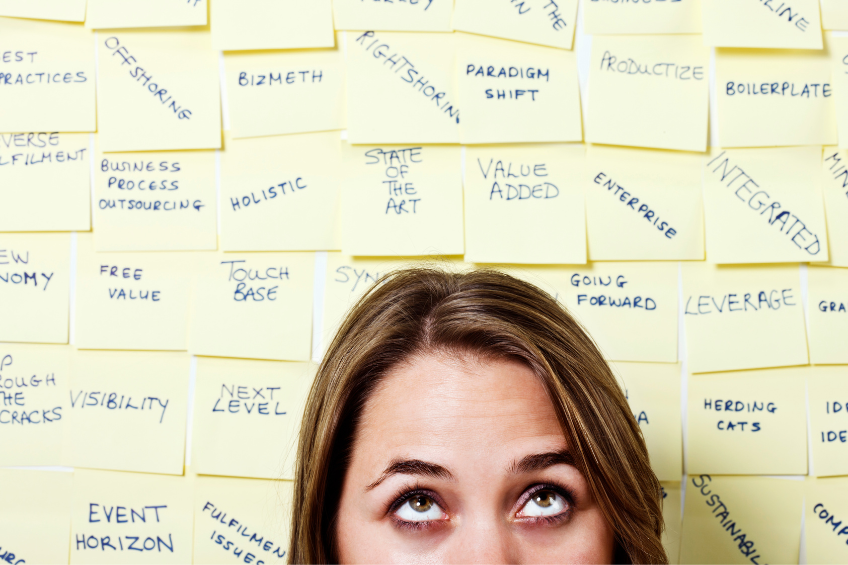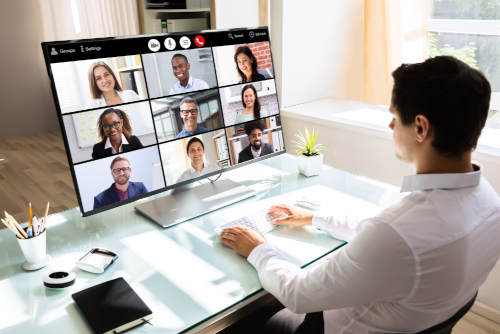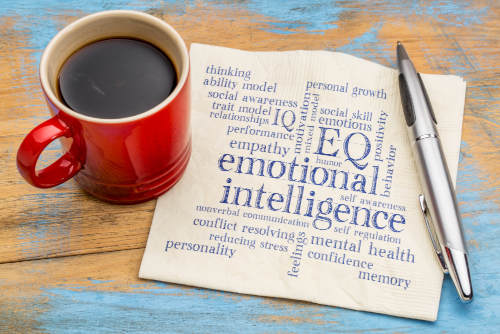
Developing Your Emotional Intelligence
Leaving a conversation feeling unheard or frustrated can be exhausting, especially when you’re trying to communicate effectively. It can be challenging to stay calm under pressure, and you may react in ways you later regret. Struggling to get your point across, dealing with misunderstandings, or managing tense discussions can make workplace interactions stressful.
Emotional intelligence is the ability to recognize, understand, and manage emotions. It shapes how we respond to pressure and connect with others. When emotional intelligence is low, stress can escalate and teamwork often breaks down. In contrast, people with strong emotional intelligence tend to build trust and remain composed in difficult situations. Organizations that invest in emotional intelligence see better communication and more resilient teams.
This workshop will help you better understand how emotional intelligence appears in your work and relationships. You'll explore how each of the five general areas and 15 sub-sections make up your emotional intelligence abilities and identify ways to enhance your emotional intelligence to meet your personal and workplace goals. Through interactive discussions and practical exercises, you’ll learn to recognize emotional patterns, regulate responses, and strengthen interpersonal connections.
You’ll also complete the EQ-i 2.0 assessment, a powerful tool for measuring emotional intelligence. This will help you identify strengths, highlight areas for growth, and develop strategies to enhance your well-being and effectiveness at work.
By the end of the session, you’ll have the tools to manage your emotions more effectively and respond with greater awareness in difficult situations. You’ll be able to recognize the impact of emotions on decision-making, use self-reflection to support emotional well-being, and apply techniques to prevent emotional reactions from affecting professional relationships. You’ll also create a personal action plan for continuous emotional intelligence development, helping you build resilience and improve workplace interactions over time.
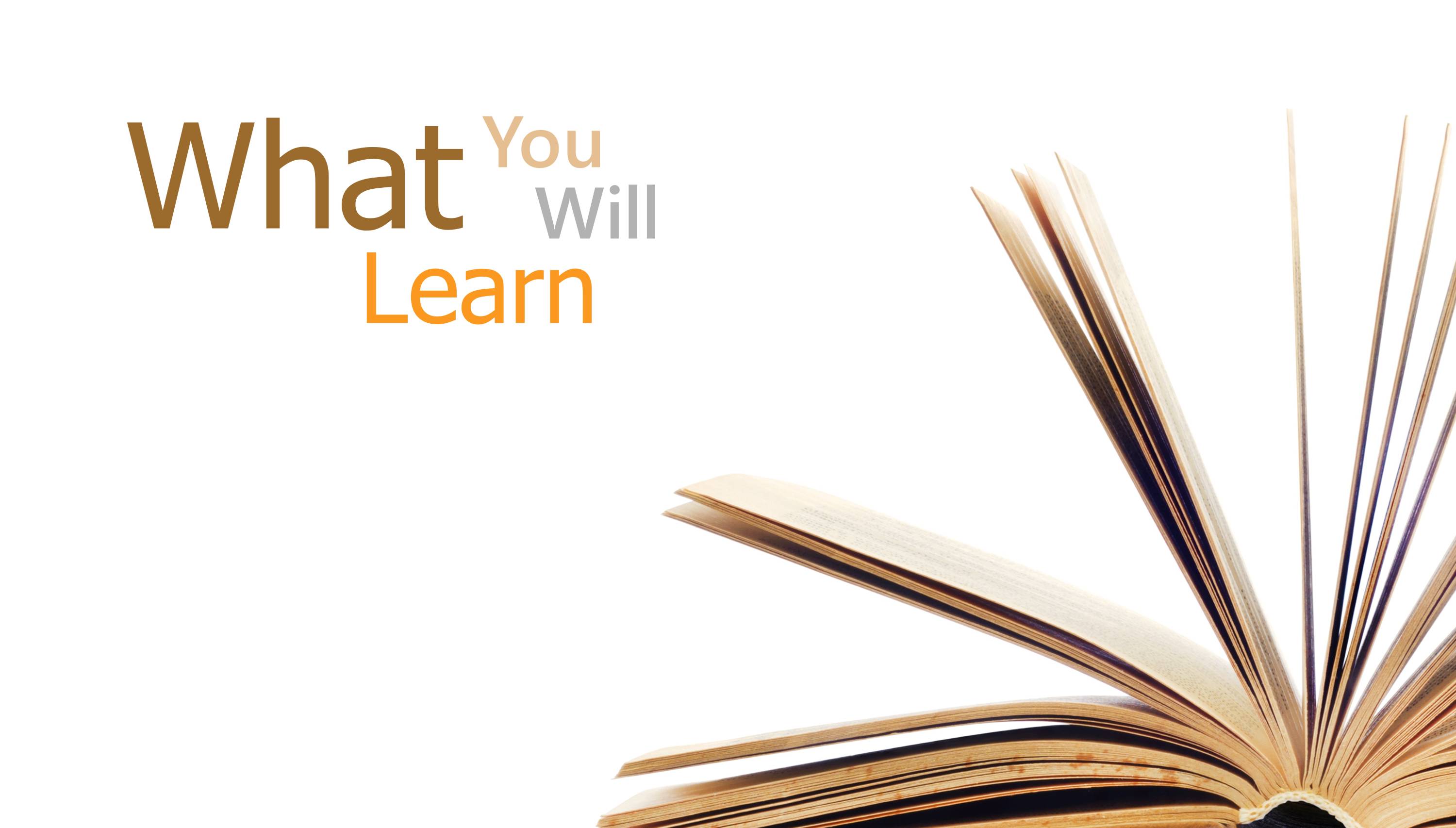
- Recognize how emotions influence behaviour, decision-making, and workplace interactions.
- Manage emotions to improve work performance and lower stress.
- Use self-reflection and self-care strategies to support emotional well-being.
- Communicate emotions and needs with clarity and professionalism.
- Apply techniques to prevent emotional reactions from harming workplace relationships.
- Build habits that help you continue developing emotional intelligence over time.
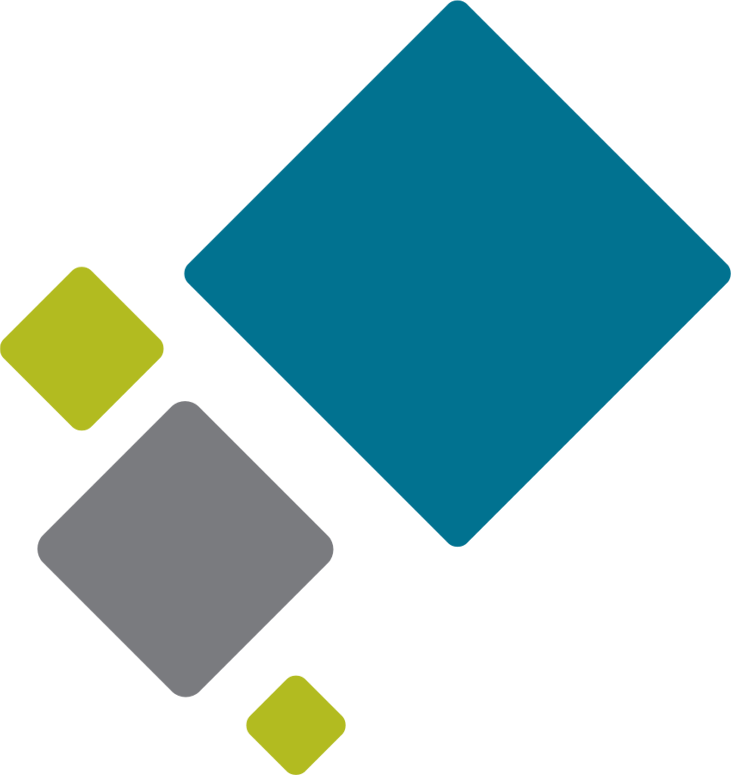
This session is for professionals who want to handle workplace interactions with more care and confidence. Whether you lead a team or work closely with others, you’ll gain tools to manage emotional responses and build trust in your day-to-day communication.
You should attend if you
- Leave conversations feeling frustrated, misunderstood, or emotionally drained
- Struggle to stay calm during tense moments or regret how you respond under pressure
- Want to improve your ability to recognize and regulate emotional responses
- Are interested in using self-reflection to support your well-being and workplace effectiveness
- Work in environments where strong interpersonal skills are essential to success
- Are in a leadership, supervisory, or team-based role where emotional intelligence can strengthen communication and collaboration
By the end of the session, you’ll have a clearer understanding of your emotional patterns and a plan to help you respond with more intention. You’ll also create a personal action plan for continuous emotional intelligence development, helping you build resilience and improve workplace interactions over time.

This workshop is structured around guided reflection, real-world scenarios, and small-group interaction. You’ll move between individual exercises, peer conversations, and facilitated discussions that help you explore your reactions and behaviours in a practical way. The session creates space for you to pause, notice, and adjust in the moment, with time built in for feedback and personal insight.
You’ll also receive a workbook with prompts, tools, and planning resources you can revisit after the session.
Workshop activities include
- Mapping personal triggers and stress responses
- Working through real-world communication scenarios
- Engaging in paired exercises to practise emotional self-regulation
- Reflecting on patterns and habits in daily interactions
- Exploring empathy, reactions, and response choices through group discussion
- Creating a personal action plan
